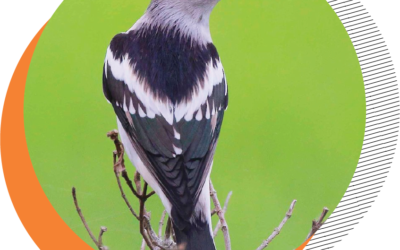
Wild life Encounter Ethics: Understanding and Respecting Nature
By : Putu Eka Gunadi
Translator: Raden Destyana Yunissa Prizka
Exploring nature can be a fascinating experience and offers chances to bond with its wonder. From the rising mountains to mesmerizing white sand-beach, it displays incredible beauty along with various adventurous experience. Moreover, we can also see many kinds of endemic wild animal in their habitat.
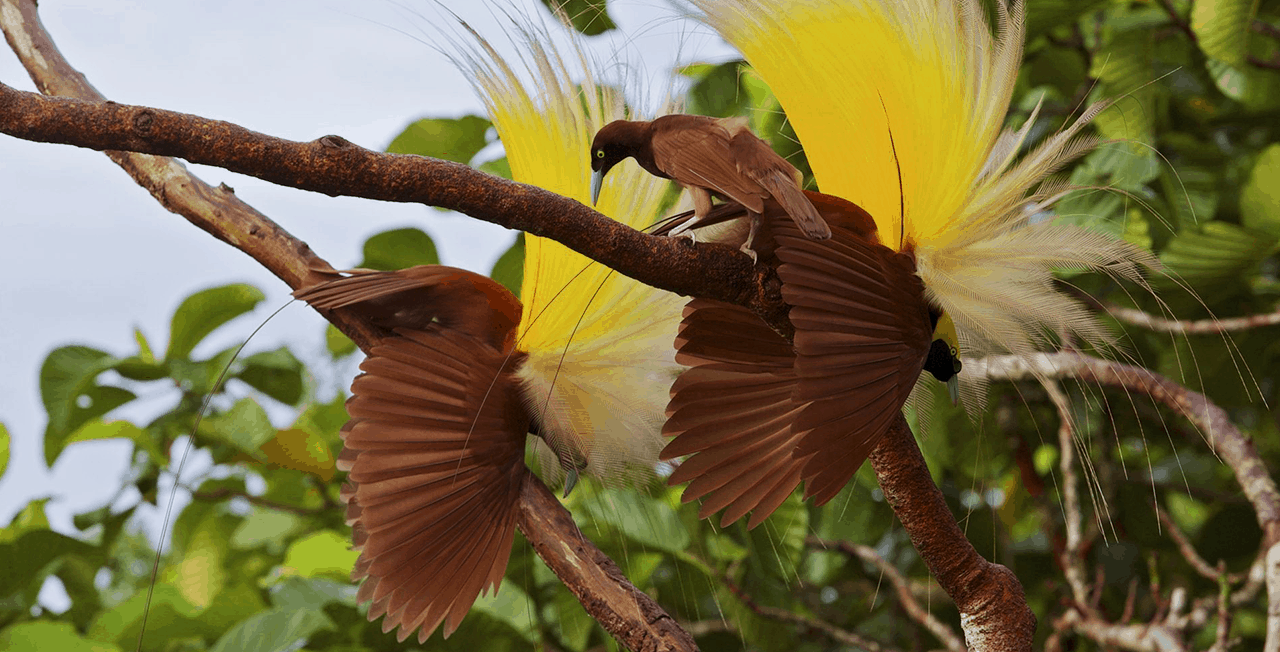
Picture 1. Cendrawasih Endemic Bird of Papua (source: wwf.id)
However, the wonderful experience comes with responsibility to protect and preserve the environment. By learning about appropriate travelling ethics, we can ensure that the experience won’t only deliver joy but also keeps its sustainability. Therefore, its beauty is well-conserved for future generations. Here are some principles to be applied while travelling in nature and encountering wild animal.
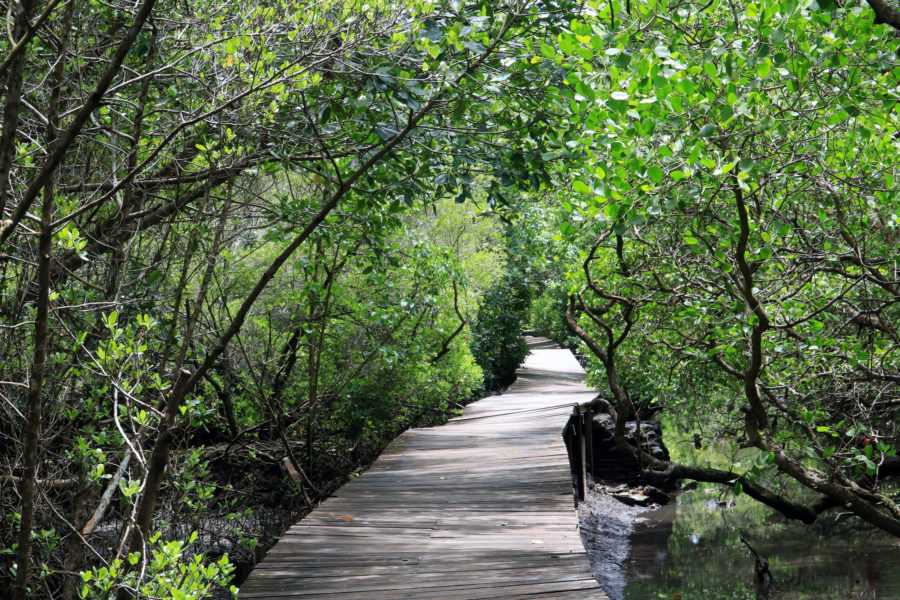
Picture 2. Mangrove Recreation Forest
(source: balipost.com)
1. Understand the Environment
Before we start the trip, spare some time to know the nature in our destination better. Learn about wild animals that live in the area. This information will help us to appreciate their uniqueness and avoid any harmful activities for them.
2. Obey the Rules and Regulations
Every nature recreation place has written rules to protect its environment and assure visitors safety. It is important to obey them, include prohibition for forbidden area trespassing, littering or disturbing wild animals.
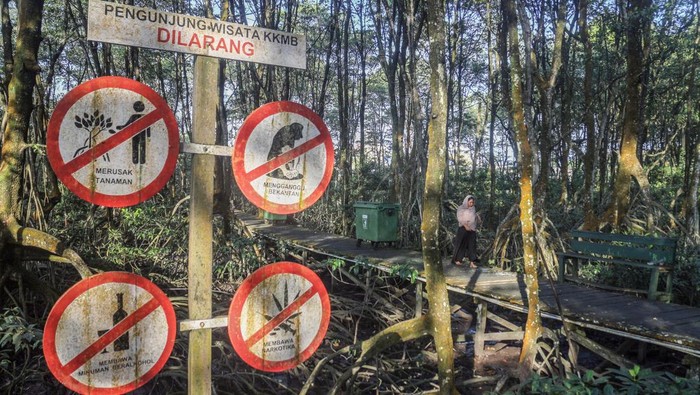
Picture 3. Warning signs in Nature Recreation
Area (source: travel.detik.com)
3. Keep the environment clean
One of the travelling principles is keeping environment clean. Bring home our litter and trash during the travel and make sure we don’t leave any dangerous ingredients as they might affect the surroundings. Food waste or plastic can harm wild animals and contaminate their habitat. By doing this, it will protect wild nature beauty, so many more people can enjoy it.
4. Keep safe distance from Wild Animals
While travelling in the wild, we often have chances to meet wild animals in its natural habitat. However, it is really important to keep a safe distance and not disturbing their life. A close distance to them can give them stress, trigger their aggressive behaviour and even harm the tourists.
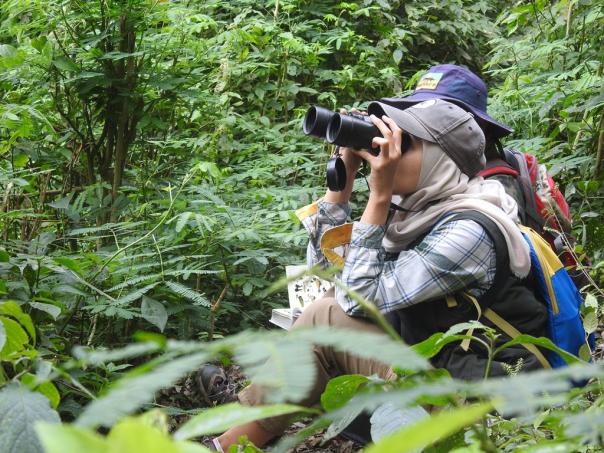
Picture 4. Wild Animals watch using binoculer
(source: profauna.net)
5. Do not feed wild animals
Although feeding animals who are lying may seem like a kind deed, it may actually be harmful to the animals.
Giving them food that isn’t natural can mess with their diet and make them reliant on us.
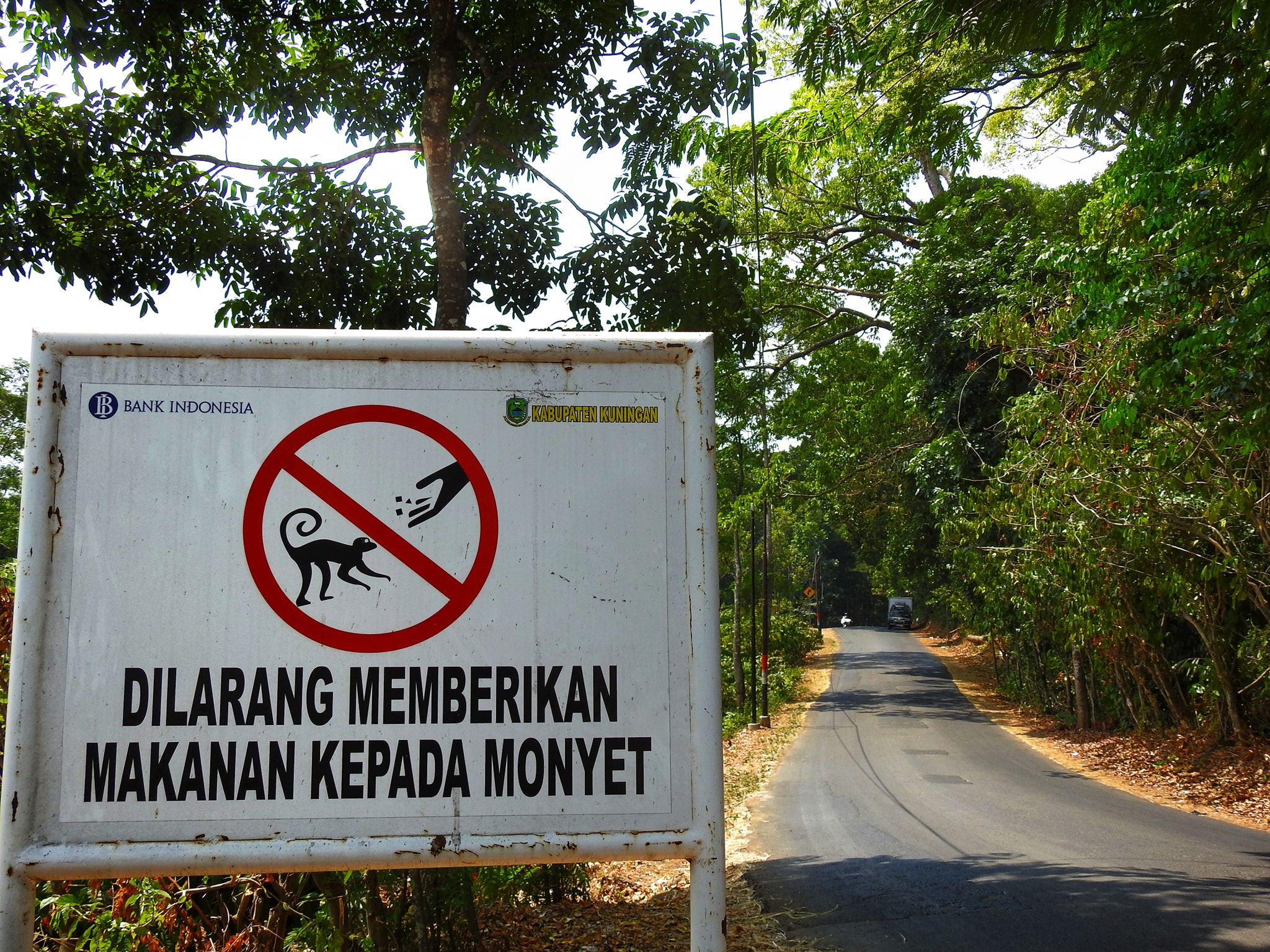
Picture 5 Warning sign not to feed wild animals
(source: Mount Ciremai official facebook)
6. Interact with caution
When we get a chance to interact with a wild animal, we must do it carefully and respect its natural boundaries. It means that we don’t only consider our own and comfort, but also don’t disturb its life and welfare.
7. Report any sick or stranded wild animal you encounte
If you see any stranded or sick wild animal, watch closely if it really looks weak, hurt or stranded from its herd or environment. Don’t get too close with it directly. Some wild animals can be aggressive if they feel threatened or in sensitive condition. Call the wild animals rescue centre or the authority.
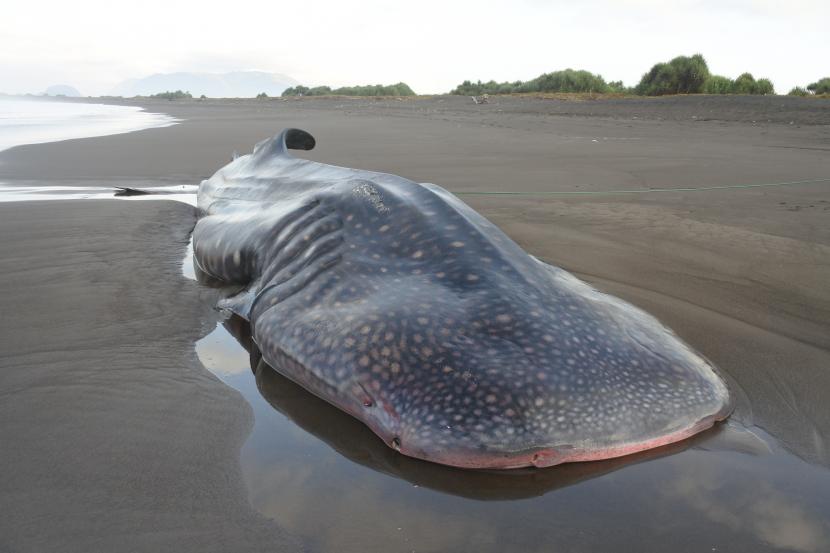
Picture 6. A stranded whale shark (source:
republika.co.id)
Source :
https://sanctuaries.noaa.gov/wildlife-viewing/
https://www.wilderness.org/articles/article/tips-wildlife-watching-0
https://www.nationalgeographic.com/travel/article/how-to-do-wildlife-tourism-right
https://healthcare.utah.edu/healthfeed/2022/06/encountering-wildlife-six-safety-tips
https://www.cnnindonesia.com/gaya-hidup/20201026145845-269-562839/7-etika-berwisata-di-alam-liar
https://kumparan.com/pandangan-jogja-com/panduan-jadi-fotografer-satwa-liar-masalah-etika-pada-satwa-jangan-dilupakan-1uEGnEcI5Ae
Winarno, Gunardi Djoko. 2018. Perilaku Satwa Liar. Bandar Lampung : Aura.
Related Post
THE INTRODUCTION TO MIGRATORY BIRD COMING TO INDONESIA
By: Putu Eka GunadiTranslated: Raden Destyana Yunissa Prizka In the northern parts of the planet, winter arrives, and food supplies are running low. Millions of birds migrate to the southern regions of the planet during that period. We refer to these travels as...
TREATMENT OF PRIMATES FOR COMMERCIAL PURPOSES SEEN FROM ANIMAL WELFARE POINT OF VIEW
TREATMENT OF PRIMATESFOR COMMERCIALPURPOSES SEEN FROMANIMAL WELFAREPOINT OF VIEW By: Atian Muhammad Zaky Fahrian Translator : Ludmila The first thing I’d like to address is that there are many content creators who keep wild animals and show them on their social media...
EXTREME TOMOHON TRADITIONAL MARKET: A CULTURAL CELEBRATION OR A THREAT TO WILDLIFE?
Extreme Tomohon Traditional Market: a Cultural Celebration or a Threat to Wildlife? Starting from July 21 2023, the local government of Tomohon, a city in North Sulawesi, has officially banned the trading of cats and dogs at the ‘Extreme’ market. This decision aligns...
